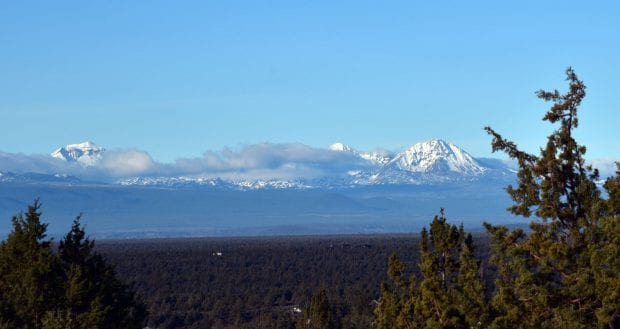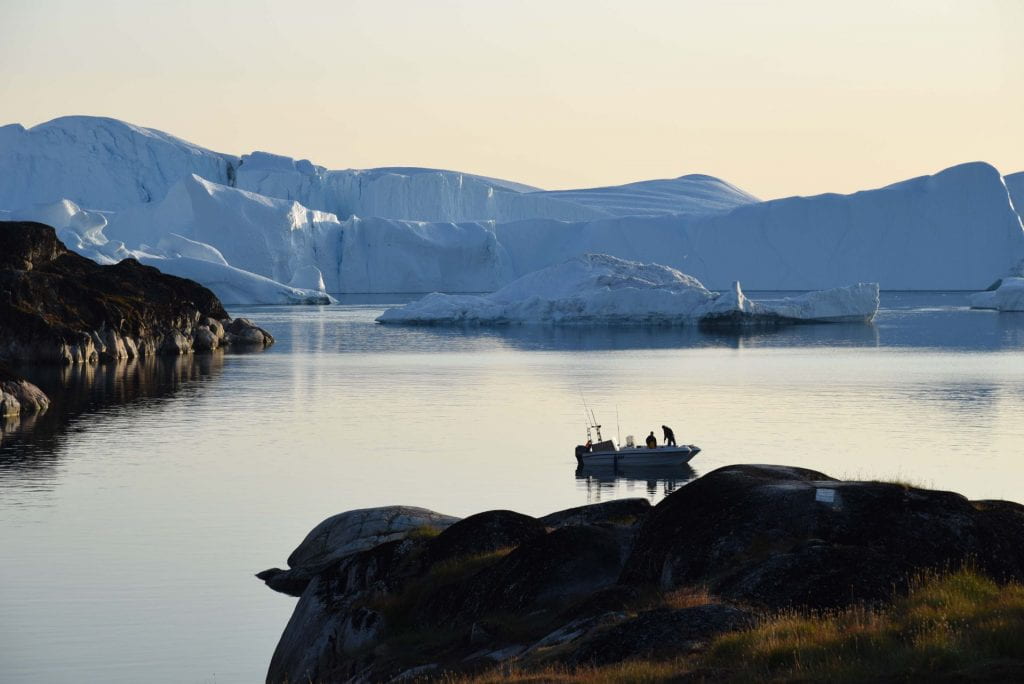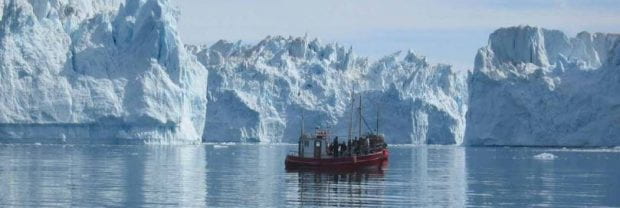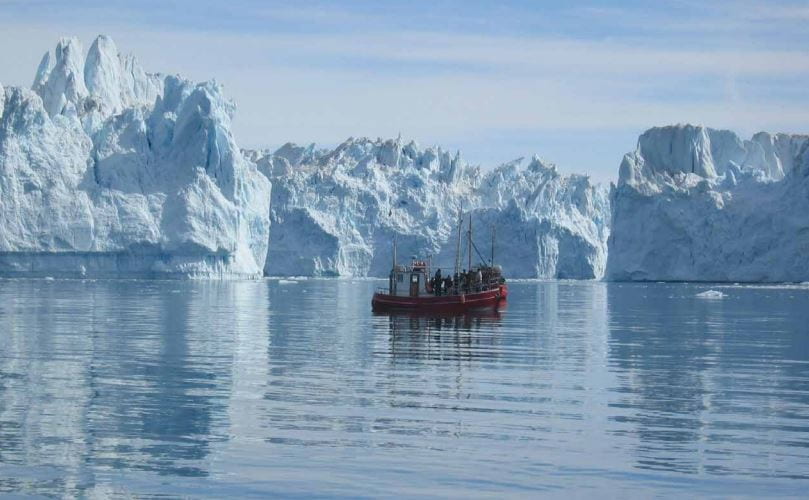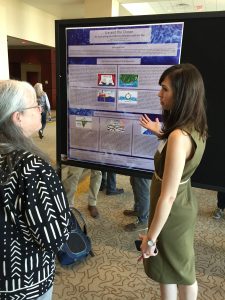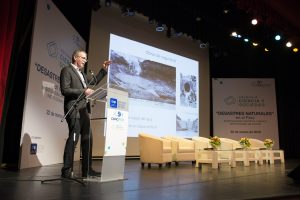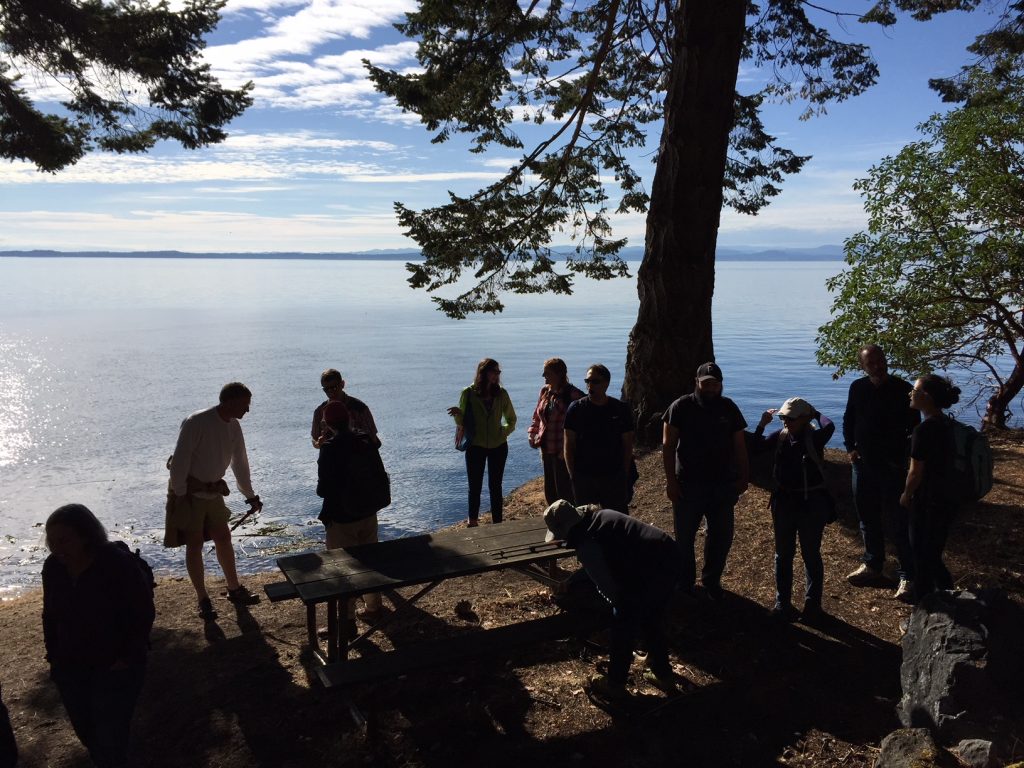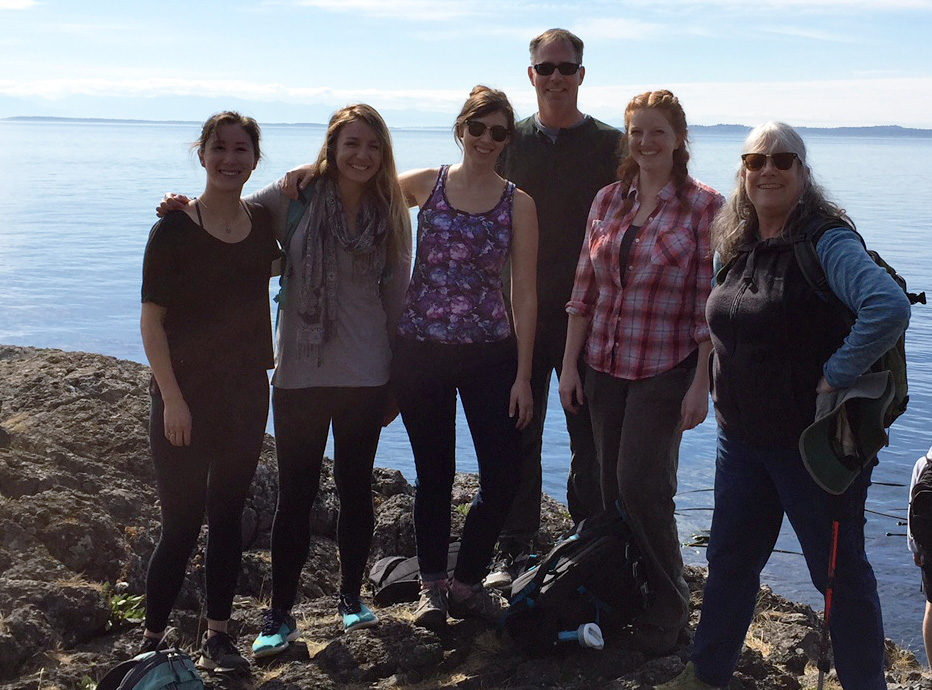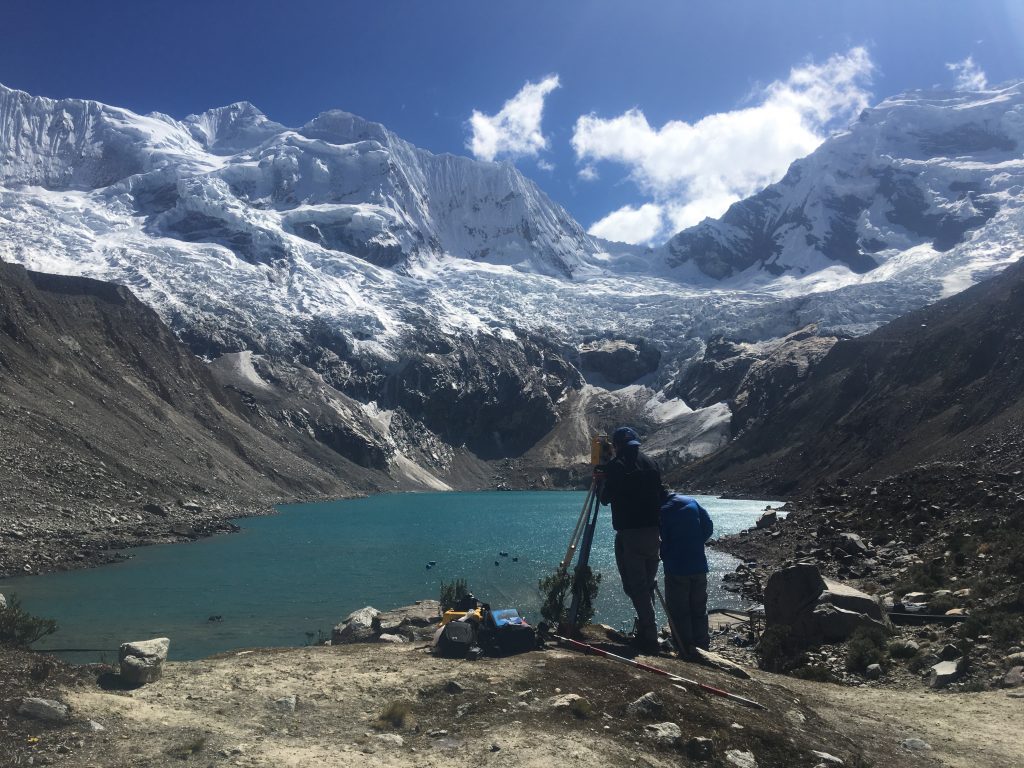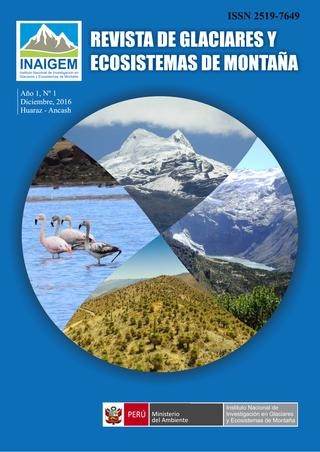Call for Applications (deadline May 11, 2022)
Summer 2022
Ice and Environmental Justice Undergraduate Research Awards
Overview
Thanks to generous support from the Andrew Mellon Foundation, Professor Mark Carey (Environmental Studies Program/Geography Department) is able to offer two $4,000 Summer Research Awards for undergraduate students at any level to design and conduct full-time Summer 2022 humanities-oriented research on topics related to ice, climate, and environmental justice in the Pacific Northwest (Oregon, Washington, Alaska, British Columbia).
Glaciers are of course icons of climate change. But they also play a role in farming and irrigation, environmental hazards like outburst floods and avalanches, salmon and fisheries, hydropower, alpine recreation, conservation, coastal and marine ecosystems, water supplies, public lands management, livelihoods, identities, and food security. Proposed research could focus on any of these topics, and many others, as long as it is connected to ice, the humanities, and environmental justice.
The goal of these Research Awards is to help students develop, conduct, and finish a research project. Ideally, the research proposal will be created with guidance from a faculty mentor. However, if you have a project idea, but not a faculty mentor, then contact Professor Carey who runs the UO Glacier Lab to help.
An exciting component of this Research Award is completion of a final product by the end of Summer 2022. There is flexibility in these final products. Most students will choose to write a research paper. But others may decide to develop a museum exhibit, or an art installation, or a studio project, or to publish a journalism article. Options are endless but must be agreed upon with your faculty mentor at the outset, so expectations and goals are transparent.
Eligibility Criteria
- Projects may come from any discipline but should be connected to the humanities, environmental justice, and ice/climate
- Applicants must be returning to the UO as an enrolled student for Fall 2022
- Applicants must obtain a commitment from a faculty member to supervise their summer research project (contact Professor Carey if you have a project but not a faculty mentor)
- Applicants may not be paid to conduct research through other internal UO research support programs during Summer 2022, though they may have academic-year support
- Applicants must secure research approval from the Institutional Review Board (IRB) if the research involves work with human subjects
Award Expectations
- Commit full-time effort to conducting research during Summer 2022
- Maintain regular interactions with the faculty mentor during Summer 2022
- Complete a research paper or agreed-upon final product (exhibit, studio, art, etc.) by the end of Summer 2022
- Meet with the other award winner and Professor Carey at least 3 times during the summer
- Share the results of the research project at the May 2023 UO Undergraduate Symposium
- Acknowledge the Andrew Mellon Foundation in all work resulting from the Summer 2022 research
- Notify Professor Carey of any publications, public exhibits, or conference presentations resulting from the research project
Award Details
This Research Award provides $4,000 during the Summer of 2022. The award will be paid out in two equal installments, one at the end of Week 5 and the other at the end of the Summer once the final research paper/product has been approved by the faculty mentor and Professor Carey.
Please Note: If you are receiving federal financial aid, this award may affect your financial aid eligibility because the Summer Research Award counts as aid rather than compensation for employment. Students who receive federal aid have a responsibility to understand these federal and UO rules and to report all awards earned to the UO Office of Financial Aid and Scholarships.
Application Procedures
Submit an application with the following components:
- a cover letter with all your contact information, student ID number, major, GPA, and your faculty mentor name, department, and email address. This cover letter must also include a statement affirming that you meet eligibility requirements and agree to fulfill all award expectations
- a project description in an approximately one-page single spaced proposal that explains: (a) the justification for the project; (b) the proposed research questions; (c) the expected results; (d) the relationship of the project to ice, humanities, and environmental justice; and (e) your qualifications for this research
- research plan and timeline, which should also name the type of final product (paper, art installation, etc.) you’ll produce and your plan for completing it during summer
- a resume
- a letter of recommendation from your faculty mentor, which should include their commitment to mentor your project during Summer 2022
Application Deadline: May 11, 2022
Application Submission
Submit applications to Professor Mark Carey at carey@uoregon.edu
Faculty mentors should also send their letters of support directly to Mark Carey.
Questions
Contact Professor Mark Carey at carey@uoregon.edu
